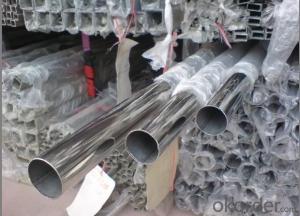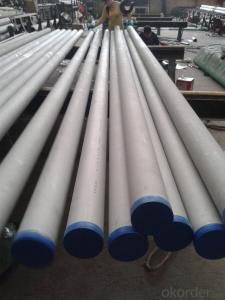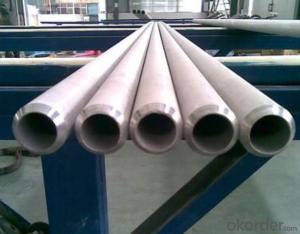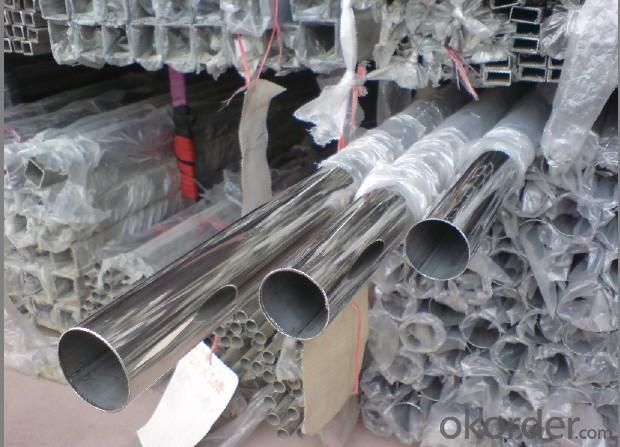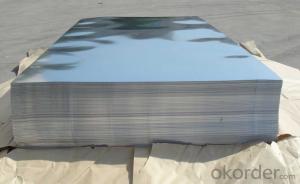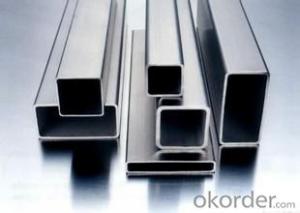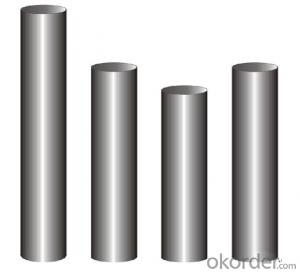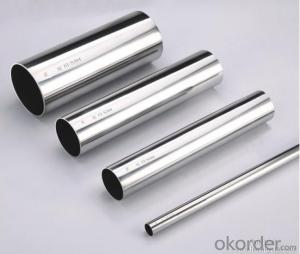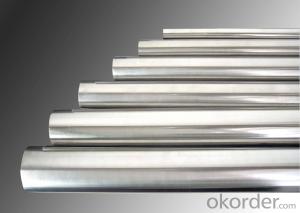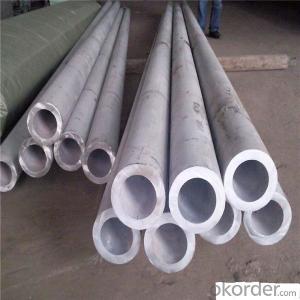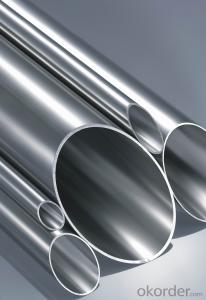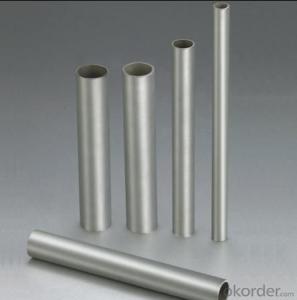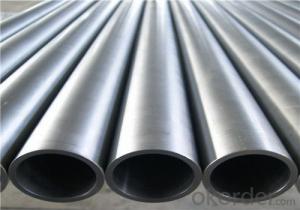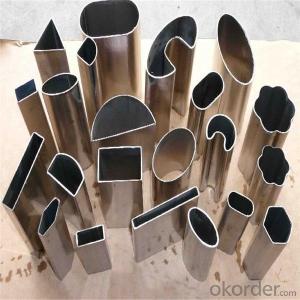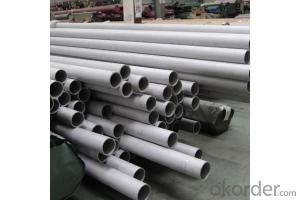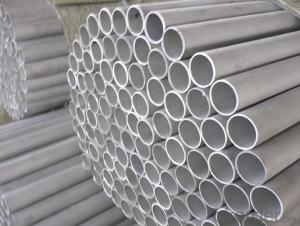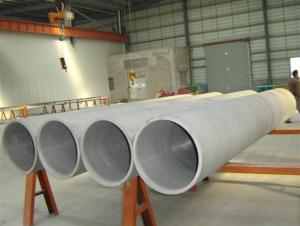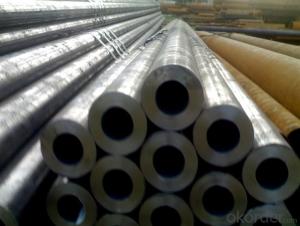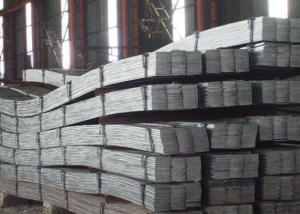Stainless Steel Seamless Steel Tube 304, 316 for Construction
- Loading Port:
- China main port
- Payment Terms:
- TT or LC
- Min Order Qty:
- 50 m.t.
- Supply Capability:
- 10000 m.t./month
OKorder Service Pledge
OKorder Financial Service
You Might Also Like
Product Description:
OKorder is offering Hot Rolled Low Carbon Steel Wire Rods for Nails, Steel Wire Mesh at great prices with worldwide shipping. Our supplier is a world-class manufacturer of steel, with our products utilized the world over. OKorder annually supplies products to African, South American and Asian markets. We provide quotations within 24 hours of receiving an inquiry and guarantee competitive prices.
Product Applications:
Hot Rolled Low Carbon Steel Wire Rods for Nails, Steel Wire Mesh are ideal for structural applications and are widely used in construction and manufacturing. Carbon steel wire rod is mainly used for reinforcement of reinforced concrete and welded structure or reprocessed (roberts , nail, etc.) materials, especially used to produce wire drawing, welding electrode, nails, spring, electronic, precise machinery parts and so on.
Product Advantages:
OKorder's Hot Rolled Low Carbon Steel Wire Rods for Nails, Steel Wire Mesh are durable, strong, and wide variety of sizes. They are newly produced by good quality steel billets.
Main Product Features:
· Premium quality
· Prompt delivery & seaworthy packing (30 days after receiving deposit)
· Can be recycled and reused
· Mill test certification
· Professional Service
· Competitive pricing
Product Specifications:
Steel Grade: SAE1006-1018B
Standard: ASTM, GB
Diameter: 5.5mm, 6.5mm, 7mm,8mm,9mm,10mm,12mm,14mm
Type: in coil, coil weight around 2MT
Alloy or Not: Alloy
Technique: Hot Rolled
Place of Origin: China Mainland
Surface: round, no twisted, light and smooth
FAQ:
Q1: Why buy Hot Rolled Low Carbon Steel Wire Rods for Nails, Steel Wire Mesh from OKorder.com?
A1: All products offered byOKorder.com are carefully selected from China's most reliable manufacturing enterprises. Through its ISO certifications, OKorder.com adheres to the highest standards and a commitment to supply chain safety and customer satisfaction.
Q2: How do we guarantee the quality of our products?
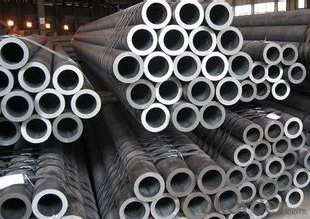
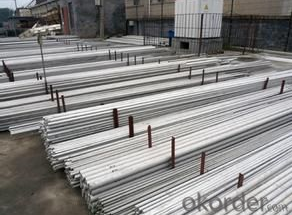
- Q: Can stainless steel pipes be used for underground drainage?
- Certainly! Stainless steel pipes are capable of being used for underground drainage. Stainless steel, a material highly resistant to corrosion and extremely durable, is appropriate for a variety of applications, including underground drainage systems. Its exceptional resistance to rust, corrosion, and chemical damage guarantees a lengthy lifespan and low maintenance requirements. Moreover, stainless steel pipes possess great strength and can endure high-pressure conditions, making them ideal for underground drainage where external load or stress may be encountered. In addition, stainless steel pipes are renowned for their smooth inner surface, which aids in preventing blockages and facilitating the efficient flow of water and waste. All in all, stainless steel pipes are a dependable and enduring option for underground drainage systems.
- Q: Can stainless steel pipes be powder coated?
- Stainless steel pipes have the capability to undergo powder coating. Powder coating, a technique employed to furnish metal surfaces with both a safeguarding and embellishing finish, is involved. To achieve this, a dry powder coating is applied onto the stainless steel pipes' surface, and subsequently, it is solidified through heat. This process yields a robust and sleek coating. Powder coating is frequently employed to augment the visual appeal of stainless steel pipes, bestow supplementary resistance against corrosion, and safeguard against deterioration caused by weather and usage. Nonetheless, it is crucial to acknowledge that stainless steel pipes necessitate appropriate preparation prior to powder coating to ensure adhesion and achieve optimal outcomes.
- Q: Can stainless steel pipes be insulated with cork?
- Yes, stainless steel pipes can be insulated with cork. Cork insulation is commonly used as it provides excellent thermal insulation properties, is resistant to moisture, and has good fire-retardant qualities. It can effectively reduce heat loss or gain in stainless steel pipes, making it a suitable choice for insulation.
- Q: How do you prevent rusting in stainless steel pipes?
- To prevent rusting in stainless steel pipes, there are several measures that can be taken: 1. Regular Cleaning: Regularly clean the stainless steel pipes using mild soap or detergent and warm water. This helps to remove any dirt, debris, or contaminants that can cause corrosion. 2. Avoid Abrasive Cleaners: Avoid using abrasive cleaners, steel wool, or harsh chemicals as they can scratch the surface of the stainless steel and compromise its protective layer. 3. Protect from Chlorides: Stainless steel pipes should be protected from exposure to chlorides, such as those found in saltwater or certain cleaning agents. If the pipes are installed in areas where these substances are present, it is important to apply protective coatings or use specialized stainless steel grades that are resistant to corrosion caused by chlorides. 4. Proper Ventilation: Ensure that the stainless steel pipes are properly ventilated to prevent the buildup of moisture, which can accelerate the rusting process. Adequate airflow helps to keep the pipes dry and reduces the risk of corrosion. 5. Regular Inspections: Regularly inspect the stainless steel pipes for signs of rust or corrosion. If any damage or rust spots are detected, they should be addressed promptly to prevent further deterioration. 6. Passivation: Passivation is a chemical treatment process that helps to enhance the corrosion resistance of stainless steel. It involves removing any contaminants from the surface and promoting the formation of a protective oxide layer. Passivation should be done by professionals who are experienced in handling stainless steel. 7. Cathodic Protection: In some cases, cathodic protection can be used to prevent rusting in stainless steel pipes. This involves using sacrificial anodes or impressed current systems to create an electrochemical reaction that protects the stainless steel from corrosion. By following these preventive measures, you can significantly reduce the risk of rusting in stainless steel pipes and ensure their longevity and durability.
- Q: What is the maximum pressure that stainless steel pipes can handle?
- The maximum pressure that stainless steel pipes can handle depends on various factors such as the grade of stainless steel, pipe thickness, and diameter. Generally, stainless steel pipes are capable of handling high pressures ranging from a few hundred to several thousand pounds per square inch (psi). It is crucial to consult industry standards, specifications, and engineering guidelines to determine the exact maximum pressure capacity for a specific stainless steel pipe.
- Q: Can stainless steel pipes be engraved?
- Yes, stainless steel pipes can be engraved. Engraving is a process that involves etching or carving designs, patterns, or text onto the surface of an object. Stainless steel is a versatile material that can be engraved using various methods, such as laser engraving, rotary engraving, or hand engraving. Laser engraving is particularly popular for stainless steel pipes as it provides precise and permanent markings. The engraved design or text can enhance the aesthetic appeal of the pipes and also serve functional purposes, such as identification or branding. However, it is important to note that the depth and quality of the engraving may vary depending on the type and grade of stainless steel used.
- Q: Stainless steel pipe 301 material and 304 material what is the difference?
- 301 stainless steel shows obvious work hardening during deformation and is used in various occasions requiring higher strength. 301, compared with 304 steel material, C content is much, Cr and Ni content is little, cold processing tensile strength and hardness increased, without magnetism, but after cold processing has magnetism.
- Q: Are stainless steel pipes suitable for underground installations?
- Indeed, underground installations can accommodate stainless steel pipes with ease. Renowned for its durability and strength, stainless steel boasts exceptional resistance against corrosion. It effectively endures the harshest underground conditions, enduring moisture, soil movement, and exposure to chemicals. Furthermore, stainless steel pipes remain impervious to rust, eliminating the need for protective coatings and establishing them as optimal for prolonged underground utilization. Moreover, their extensive lifespan and minimal maintenance requirements further solidify their appropriateness for underground installations.
- Q: Can stainless steel pipes be used for irrigation well systems?
- Yes, stainless steel pipes can be used for irrigation well systems. Stainless steel pipes are known for their durability and corrosion resistance, making them an excellent choice for irrigation applications. They are resistant to rust, corrosion, and chemical reactions, ensuring a long lifespan and reliable performance in various soil and water conditions. Additionally, stainless steel pipes have high tensile strength, making them suitable for handling the pressure and stress associated with irrigation systems. Overall, stainless steel pipes are a reliable and efficient option for irrigation well systems.
- Q: 304 stainless steel seamless tube weight how to calculate?
- The common marking methods in the market are 00Cr19Ni10, SUS304, in which 00Cr19Ni10 is generally used to indicate standard production of the national standard. Generally speaking, ASTM standard production is indicated, and SUS 304 represents standard production.
Send your message to us
Stainless Steel Seamless Steel Tube 304, 316 for Construction
- Loading Port:
- China main port
- Payment Terms:
- TT or LC
- Min Order Qty:
- 50 m.t.
- Supply Capability:
- 10000 m.t./month
OKorder Service Pledge
OKorder Financial Service
Similar products
Hot products
Hot Searches
Related keywords
